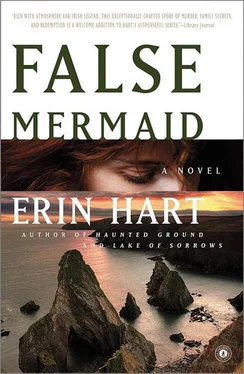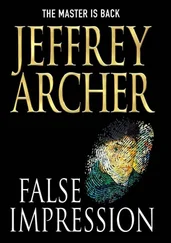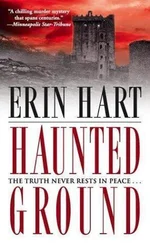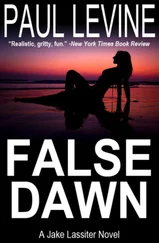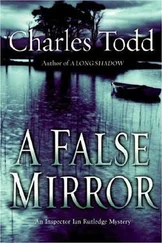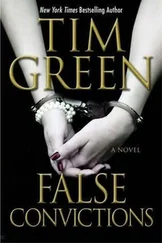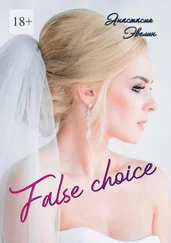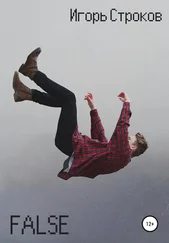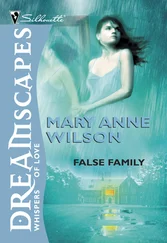She zipped open her backpack and took out the stolen book. The Selkie’s Child . A picture book, really, meant for little kids. But she had come across it by accident in the returned book bin, and found the picture on the cover irresistible. The story told of a fisherman taking refuge on an island during a storm. The next morning, climbing on the rocks, he happened to catch sight of a beautiful fair-haired selkie as she was shedding her sealskin and taking human form. He fell in love with her, and made up his mind to steal her sealskin, which meant she could not return to the sea. He took her home with him, and for a while they were happy. They had a child, a boy named Dónal. As Dónal grew, he could see that his mother was troubled. For days on end, she would weep and stare out at the sea. Sometimes she would sing in a low voice, in a language he could not understand. He began to hear whispers in the village that his mother was one of the seal folk, and she wept because she was missing her own people in the Land Under Wave. One day Dónal found a bundle of sealskin in the rafters of their house, and showed it to his mother. He didn’t understand the change that came over her. She snatched the bundle from his hands and disappeared over the sea rocks. When she didn’t come home, Dónal and his father had bread and tea for their supper. His mother had been gone for a few weeks when Dónal thought he saw her, one stormy day, floating on the waves at the mouth of the sea. He could have sworn that she raised one hand, as if to wave good-bye, and then she disappeared. He called her name, and squinted against the wind, but no one was there. From that day until he was an old, old man, he swore he had seen his mother’s bright head bobbing beyond the rocks at the edge of the sea.
Elizabeth closed the book and held it to her, aware of the new, slightly foreign tenderness of the skin beneath her clothes, wondering what it felt like to shed your outer shell and become something new. She didn’t fully understand why she couldn’t let go of this book; all she knew was that the words and pictures made her feel strange and sad, and that returning it to the library was out of the question.
From her refuge under the tree, she could see out into Useless Bay. Such sad names—Useless Bay, Deception Pass, Cape Disappointment—what were they looking for, the people who had put those names on the map? To her, this bay was anything but useless; at low tide, its beaches were studded with anemones, bright starfish, and sand dollars. She would miss the swirling patterns in the sand, the scuttling crabs and tiny freshwater streams and rivulets that trickled down from higher ground. She had studied the map of North America. Minnesota was as far from the ocean as you could get. Her dad said their house in Saint Paul was on the Mississippi River—but what good was that? A river wasn’t at all the same.
Through a curtain of mist, she could see a small shape moving far out in the bay—a seal, floating on its back, tasting the raindrops. The same one that came nearly every day, watching from a distance as she walked the beachfront. Sometimes she waved, and the seal would raise a flipper or dip its head in greeting. At least that was how it seemed. Mostly they just looked at each other. She knew it was the same seal from the mark on its face, an irregular dark spot like a star that covered its missing eye. Once she had even waded out into the water, and the seal had come right up to her. But when she reached out her hand, it had turned and backed away. She liked to imagine there was a communication between them, the understanding of two silent creatures, alone together. She had resisted the urge to give it any sort of a name, preferring to think that it already had one—something strange and beautiful in its own language. Seals did have their own language; Elizabeth had heard them calling to each other. An ordinary human name might be a bit insulting. As the seal ducked under the water’s surface, she felt an uncomfortable tightness in her throat. And suddenly her face felt hot, as she remembered an incident from earlier in the day. Normally she would have taken her lunch outside, but they’d been forced to stay inside the museum because of the rain. She was sitting alone—reading, as usual—when a group of girls walked by. Shelby Cooper and Nicole Buckley and some others. Girls like Shelby and Nicole and all their Crombie Zombie friends usually made a point of avoiding her, but today they’d been staring and whispering behind their hands. She had heard Shelby’s hushed voice as they passed by: “No, it’s true—I swear to God. Her mother is—”
The last word dropped to an inaudible whisper, and the girls moved closer together, covering their mouths and laughing nervously.
Nicole said: “If you don’t believe us, we’ll show you. It’s all on the Internet.”
Elizabeth knew her mother had been killed in a car accident when she was six. Why should that be some big secret? She felt a little sick, suddenly realizing that she didn’t know anything about the accident. Nobody ever came right out and told her what had happened. All she remembered was a series of strange, endless days where conversation seemed to be taking place far above her head, hushed voices stopping abruptly whenever she came near. At one point, she overheard something about a car. If she asked when her mother was coming home, her father would just look pained and turn away. One thing she did remember distinctly was Aunt Nora taking her aside one day, asking if she understood that her mother was not coming home. If she knew what it meant when someone died. Elizabeth thought about the baby bird she and Nora had found on the sidewalk once. She asked whether it was like that, and Nora said it was. Elizabeth had nodded then, and said she did understand, but it was a lie. She hadn’t understood anything at all. Any tears she had shed that day had been for the bird. She could still remember the downy softness of its breast, the wrinkled lids on the tiny eyes.
She couldn’t even remember her mother’s face anymore. In five years, the picture in her head had faded away until it was only a hazy impression, a shape without features. She did remember a few things: hiding in a closet, face pressed into clothes of rough wool and soft fur, the thrill of being discovered, gathered up and rocked by someone with a low voice, humming a tune that traveled through her bones. She remembered letting her fingers slide through long, smooth hair that smelled faintly of soap, drifting to sleep on whispered stories about fantastic creatures, half animal, half human. The stories themselves had mostly slipped away, but sometimes an unfamiliar word or the ghost of a scent could conjure up that strange mixture of sadness and contentment she had felt lying in bed and listening, fighting to stay awake.
Sometimes she could see her mother’s face, but only when she was dreaming. One particular dream came over and over again. A bell would ring, and she would answer the door to find a red-haired stranger on the front steps of their house. Even though the face was unfamiliar, somehow she knew this smiling visitor was her mother. That’s the way dreams were. Her mother would take her hand and walk with her down to a rocky beach, where they stepped into the water, wading out deeper and deeper, past floating seaweed and foam until the ground disappeared from under their feet and the waves pulled them under. Then came the big surprise: in dreams she could breathe as easily underwater as in the air above. It wasn’t even cold. Of course she knew it was only a dream. But upon waking she felt half sick with longing, wishing it could be true.
Elizabeth stared out at the rain, filled with a slowly expanding anxiety about all the things she didn’t understand. She had always felt as if other people saw and understood more than she did. They expected her to grasp things she hadn’t quite figured out. And at that moment, a notion—vague and indistinct at first—began to open up and spread out inside her. What if everyone had been lying? What if there had been no car crash, and her mother had just gone away? That happened sometimes. Her mother might even have another family by now, a new family she liked better than the old one. Elizabeth lifted the edge of a scab on her knee and watched as a few bright drops of blood began to ooze from the exposed wound. It hurt a bit, but she couldn’t seem to stop until she had removed the whole scab, exposing a patch of brand-new, bright pink skin beneath.
Читать дальше
